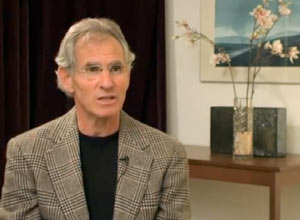
I had the pleasure of attending a seminar with Jon Kabat-Zinn this week. Having read several of his books and listened to his mindful meditation cd’s, I was intrigued to hear him present live. The theme of his presentation focused on the power of mindfulness in relation to trauma. As Kabat-Zinn, eloquently phrased it, “Transformation and Healing at the Confluence of Science and Dharma.” What Tibetan monks, Indian yogis, and other enlightened people have known intuitively through personal experience, can now be scientifically tracked through recent advances in neurobiology. Our brains literally change—for the better—through consistent mindful meditation.
In the aftermath of the Boston Marathon bombing, a time when people continue to feel uneasy and stressed, mindful meditation is an especially valuable antidote. Not only does it lower anxiety and stress hormones for oneself, it also benefits those around you. In my work, I find that an all-too-common common hurdle for people is carving out time—even 5 minutes—for themselves to mindfully breathe. Whether you prefer quiet solitude, a peaceful walk, or recorded imagery on a portable device, consistent mindfulness meditation is a practice that provides a priceless benefit…both in the moment and beyond.

